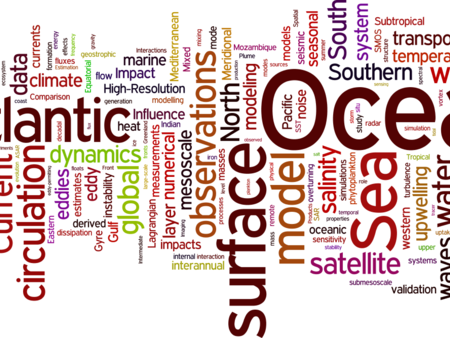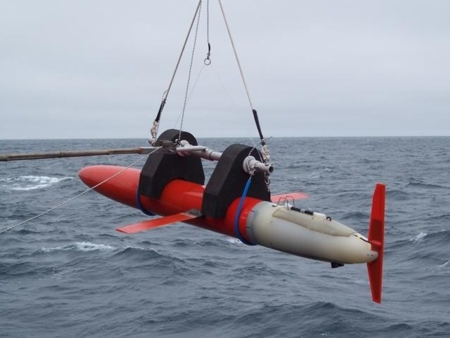Kenneth E Lee
Title: The ARGO era: Interannual impact of extreme wintertime weather regimes on the North Atlantic subtropical stratification
Advisors: Dr. Guillaume Maze (IFREMER), Dr. Herlé Mercier (INSU), and Dr. Christophe Cassou (CERFAX)
Funding: IFREMER/UBO. Started in February 2017
Keywords: Weather regimes, Heat reservoir, Ocean stratification, Climate, Argo, Re-emergence, Extreme, Subtropical gyre
Argo floats, the revolutionary sea measurement devices, allow for the exploration of the global ocean of depths up to 2000m, abridging the traditional lagrangian drifters and vertical profiling technique, generating half-degree resolution ocean temperature, salinity, and current velocity data. Vast distribution at a low-cost, argo floats form a data network extensively available to the international oceanography community. Ubiquitous in the North Atlantic subtropical region, argo floats track the long-term (interannual/decadal) behavior of the subtropical mode water of eighteen degrees (EDW), the center element of my PhD study.
Serving as the largest heat reservoir on earth, the North Atlantic subtropical gyre was shown to have experienced warming since 1970. In addition to this trend, interannual and decadal variability patterns are driven by mechanisms that are yet to be clarified, especially with regard to extreme winter events.
The two scientific questions we want to address through my research are:
(i) How extreme wintertime atmospheric forcing patterns can modify the subtropical ocean stratification, and
(ii) What is the 2-10 year impact of these extreme forcings on the ocean structure and its ability to store heat?







